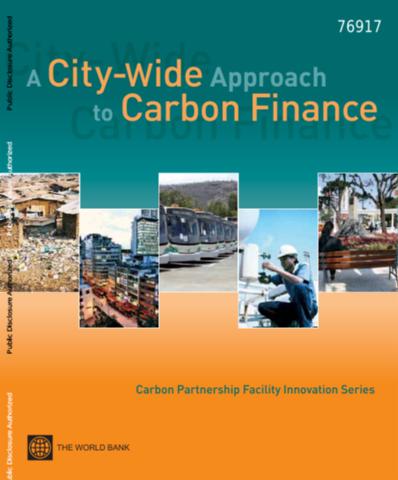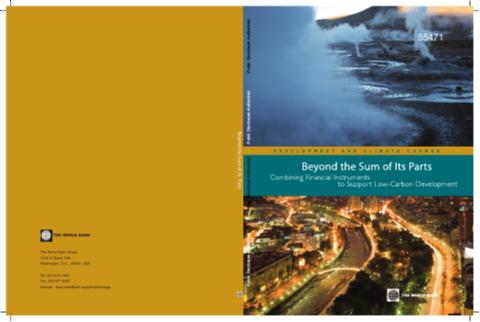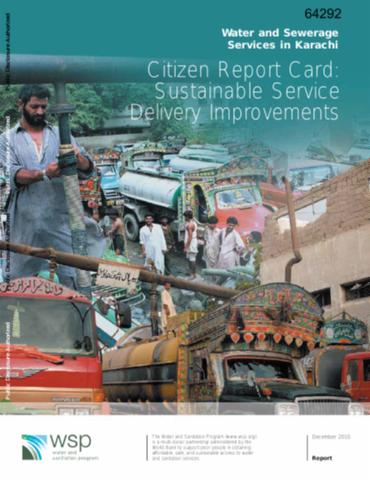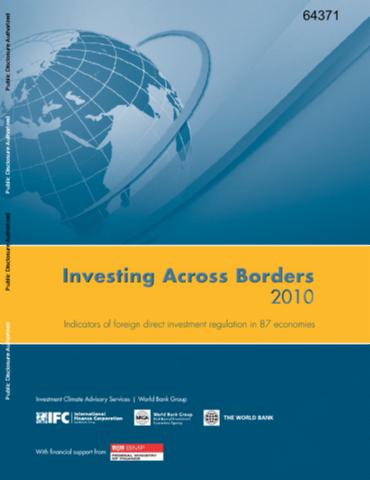The World Bank is a vital source of financial and technical assistance to developing countries around the world. We are not a bank in the ordinary sense but a unique partnership to reduce poverty and support development. The World Bank Group has two ambitious goals: End extreme poverty within a generation and boost shared prosperity.
- To end extreme poverty, the Bank's goal is to decrease the percentage of people living on less than $1.25 a day to no more than 3% by 2030.
- To promote shared prosperity, the goal is to promote income growth of the bottom 40% of the population in each country.
The World Bank Group comprises five institutions managed by their member countries.
The World Bank Group and Land: Working to protect the rights of existing land users and to help secure benefits for smallholder farmers
The World Bank (IBRD and IDA) interacts primarily with governments to increase agricultural productivity, strengthen land tenure policies and improve land governance. More than 90% of the World Bank’s agriculture portfolio focuses on the productivity and access to markets by small holder farmers. Ten percent of our projects focus on the governance of land tenure.
Similarly, investments by the International Finance Corporation (IFC), the World Bank Group’s private sector arm, including those in larger scale enterprises, overwhelmingly support smallholder farmers through improved access to finance, inputs and markets, and as direct suppliers. IFC invests in environmentally and socially sustainable private enterprises in all parts of the value chain (inputs such as irrigation and fertilizers, primary production, processing, transport and storage, traders, and risk management facilities including weather/crop insurance, warehouse financing, etc
For more information, visit the World Bank Group and land and food security (https://www.worldbank.org/en/topic/agriculture/brief/land-and-food-security1
Resources
Displaying 4631 - 4635 of 4906A City-Wide Approach to Carbon Finance
Urbanization and climate change will define much of the 21st century. Urbanization leads to improvement in standards of living, and through the increased density and service delivery efficiency of cities, higher growth can be achieved with lower greenhouse gas emissions. Cities and urban agglomerations house more than 50 percent of the global population and contribute more than 70 percent of Global greenhouse (GHG) emissions. As the share of urban population grows, sustainable urban development emerges as an essential component in addressing climate change.
Economic Evaluation of Climate Change Adaptation Projects
This paper identifies key challenges and solutions for carrying out project-level economic analysis of adaptation to climate change, both stand-alone and integrated into broader development projects. Very few projects addressing adaptation thus far have been subject to in-depth and rigorous economic analysis for a variety of reasons, including a lack of guidance on how to deal with assessments of the impacts of climate change, as well as with estimating costs and benefits of adaptation under uncertainty.
Beyond the Sum of Its Parts
The world development report 2010 estimates that an additional $200 billion per year of climate-related financing is needed in developing countries between now and 2030 to keep global average temperature rise within 2 degrees Celsius. Developing countries face increased financing challenges over coming decades as they seek to pursue economic development along a lower emission trajectory.
Water and Sewerage Services in Karachi
This report discusses the key findings and recommendations emerging from a pilot Citizen Report Card (CRC) on water, sanitation, and sewerage services in Karachi. This initiative comes, on one hand, in the wake of deteriorating services, weakened community interfaces and accountability structures, poor revenue generation and dysfunctional governance structures and, on the other, an emergent consensus to bring in far-reaching institutional reforms that should move beyond financial and technical imperatives.
Investing across Borders 2010
Investing Across Borders 2010 (IAB) presents cross-country indicators analyzing laws, regulations, and practices affecting foreign direct investment (FDI) in 87 economies. The indicators focus on 4 thematic areas measuring how foreign companies invest across sectors, start local businesses, access industrial land, and arbitrate commercial disputes. The indicators combine analysis of laws and regulations, as well as their implementation.










